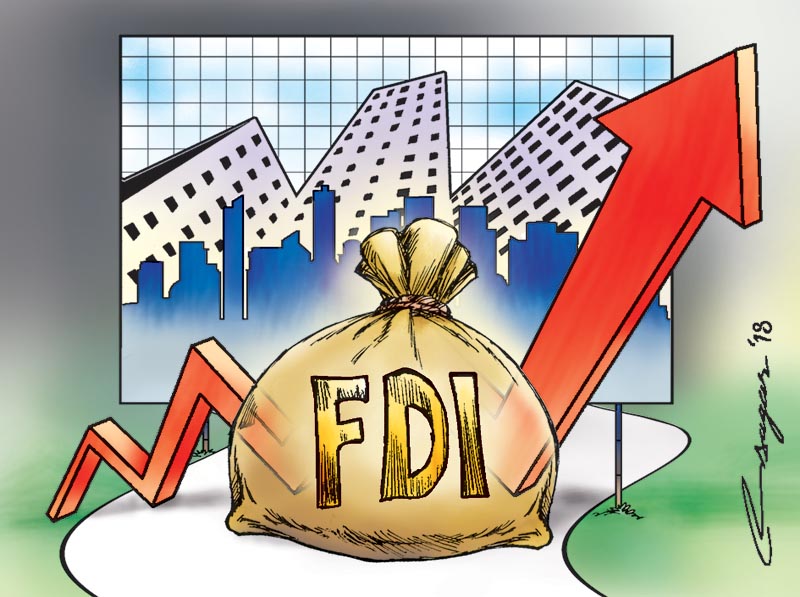Frequent attacks on FDI projects, companies raise eyebrows
Kathmandu, January 15
Amid the government’s attempt to lure foreign investors and investment in Nepal, frequent attacks witnessed by firms and projects with share of overseas companies have raised concerns about security of foreign direct investment (FDI) in the country.
Whether offices and infrastructure of telecom firm Ncell being targeted in the recent months or attacks on Upper Karnali Hydropower Project and Arun III Hydropower site last year, such incidents discourage foreign investors from coming to Nepal, as per experts.
Moreover, they opined that failure to ensure security to FDI projects will directly affect FDI flow into Nepal, which will ultimately affect various development goals of the country.
“Investors are highly sensitive and they take attacks on FDI or domestic projects very seriously. As investment security is the first thing that an investor looks for, it is the responsibility of all to ensure that investment and investors in Nepal are secured,” said Maha Prasad Adhikari, chief executive officer of Investment Board Nepal (IBN).
In the recent months, various unidentified groups have been attacking infrastructure of Ncell in different parts of the country, which has not only caused financial losses worth millions of rupees but also resulted in disturbance of essential telecom services being provided by the company. Nearly 20 towers of Ncell in 15 districts have reportedly been attacked over the period of last two weeks. Moreover, an explosion in front of the Ncell head office at Nakkhu, Lalitpur in February last year had killed one and left two others injured.
On Tuesday, the Nepal Telecommunications Authority (NTA) — the telecom sector regulator — also issued a notice urging related government agencies to curb and control attacks on infrastructure of telecom firms citing that they are directly related to essential telecommunication services.
The attacks on Ncell and its infrastructure, however, are not exceptions. In June last year, an unidentified group had detonated an improvised explosive device at a contact office of Upper Karnali Hydropower Project, damaging some infrastructure.
Similarly, unidentified groups had detonated three improvised explosive devices at the powerhouse of under-construction Arun III Hydropower Project in Sankhuwasabha district in February last year. Both of these are FDI projects.
“We should not generalise these incidents, but should be cautious and make collective efforts to prevent such attacks on projects,” added Adhikari.
Investors in the country said that as such news spread like wildfire, investors are discouraged from coming to Nepal.
“Investors across the world take attacks on FDI projects and firms as a major threat to investment.
Along with security issues, other issues related to policy ambiguity, ineffective implementation of laws and government’s unnecessary pressure to investors have been discouraging investment in Nepal in recent months,” informed Shekhar Golchha, senior vice-president of Federation of Nepalese Chambers of Commerce and Industry (FNCCI).






